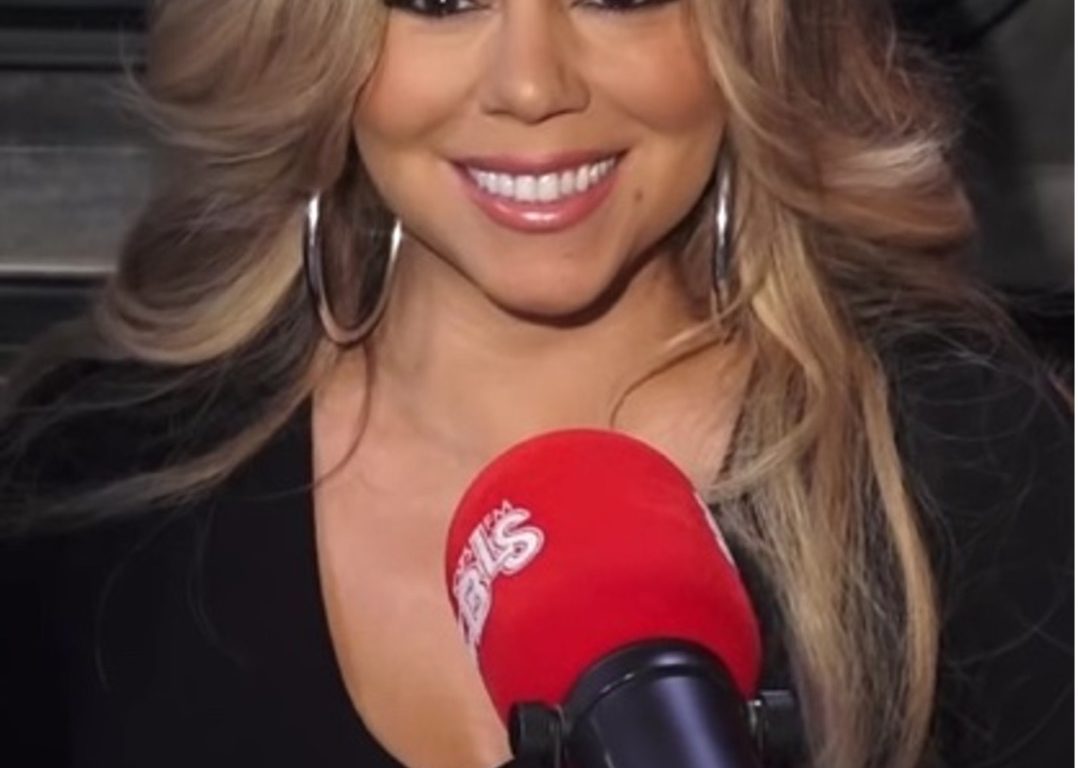By the time November 1st rolls around each year, I often expect to hear “All I Want For Christmas Is You” when I turn on the radio. Mariah Carey is America’s Christmas ‘It-girl.’ According to Vulture magazine, as of Christmas 2022, Mariah’s song was the longest-running holiday Number 1 song of all time. Her song, which was released in 1994, has garnered so much recognition that many have dubbed Mariah the ‘Queen of Christmas.’ Unfortunately, after Mariah applied to officially own the trademark for the “Queen of Christmas,” for a range of products (from beauty products to clothing), the United States Patent and Trademark Office (USPTO) denied her ownership of the mark.
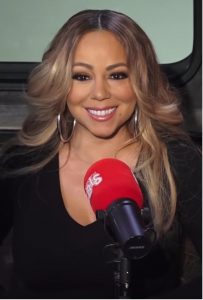
What is a trademark?
A trademark is a word or symbol that identifies the source of a good or service. If a business or individual meets the criteria set out by the USPTO, they can federally register their mark and gain greater protection against use of their mark by others. However, registration is not required. In order to have a valid trademark, the mark is only required to be used in commerce on goods or services and to be distinctive.
Why register?
There are a number of benefits to registering a trademark. For starters, when a mark is placed on the Principal Register, it is available for anyone to see. Thus, being on the register provides a form of notice to the public that the mark is in use by someone on a certain type of goods or services.
How to register
The first requirement is that the good or service is used in commerce. This means the owner is using the trademark in selling the goods or providing the services to customers.
Additionally, the mark needs to be distinctive. There are five levels of distinctiveness: generic, descriptive, suggestive, arbitrary and fanciful. Something that is generic, such as the word “chair,” cannot be trademarked for a chair since other users would need that word for that class of goods.
Something that is descriptive, such as the word “creamy” for a yogurt brand that is creamy, is a descriptive mark and would not make the Principal Register, unless it has secondary meaning. Secondary meaning is an additional meaning behind the word, acquired through use.
A suggestive mark is, for instance, “7/11” for the chain store, which suggests the store is open from 7 am until 11 pm. When a mark is suggestive or higher, the owner does not need to show secondary meaning to register it with the USPTO and be placed on the Principal Register.
Mariah’s Queen of Christmas Mark
Mariah Carey applied to register the mark, “Queen of Christmas” so that she could own it and use it on products for sale such as beauty products, clothing, and other music. Mariah was not currently using the mark in commerce at the time of application. If the USPTO granted her application, she would have to show use, and could then file suit against anyone who causes a likelihood of confusion with her mark within the same class of goods or services.
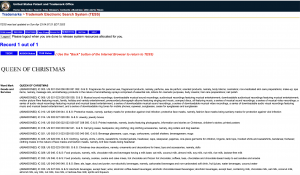
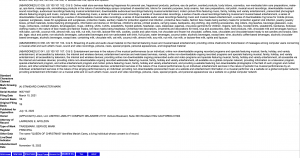
Mariah’s mark seems like it could be suggestive, since it suggests that if she uses the mark, she is the Queen of Christmas. She recorded an entire Christmas album in 1994 (see photo below) and her song “All I Want For Christmas” has made her somewhat of a Christmas icon. Many associate Mariah with Christmas because of this song. However, the USPTO denied her application for ownership of the mark because Mariah did not respond to opposition from other singers using the mark.
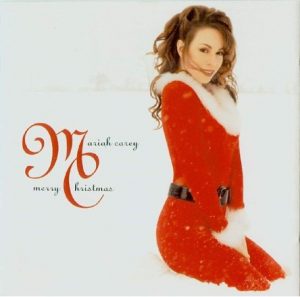
How could the court say no to the Queen of Christmas?
Another Christmas music artist, Elizabeth Chan, has criticized Mariah Carey in the past for Mariah’s use of the “Queen of Christmas” label. Chan claims she was the original artist to use the phrase. During the application process for a trademark, there is an opposition period where others can challenge someone’s application of the mark, for example, if there is a likelihood of confusion with their mark within the same class of goods and services.
During this period for Mariah’s mark, Chan filed an opposition, stating that she was using the ‘Queen of Christmas’ title and that the phrase should remain open for future use by others.
Because Mariah and her team did not respond to Chan’s motion in opposition by the appropriate deadline, the TTAB (Trial Trademark and Appeal Board) entered a default judgment against Mariah, rejecting her application for the mark.
What the other Christmas Queens think of the outcome
Others who have used the name were certainly happy with the outcome of Mariah’s application being rejected. The firm representing Elizabeth Chan even called Mariah’s company “a trademark bully” because of their efforts to monopolize a commonly used phrase. While Mariah may not legally be the Queen of Christmas, she will likely still carry this title for years to come due to the notoriety of her song. However, this outcome means that no one will likely be able to exclusively use the title, “Queen of Christmas,” on beauty products or clothing anytime soon.

Isabella Field
Associate Blogger
Loyola University School of Law, J.D. ‘24
